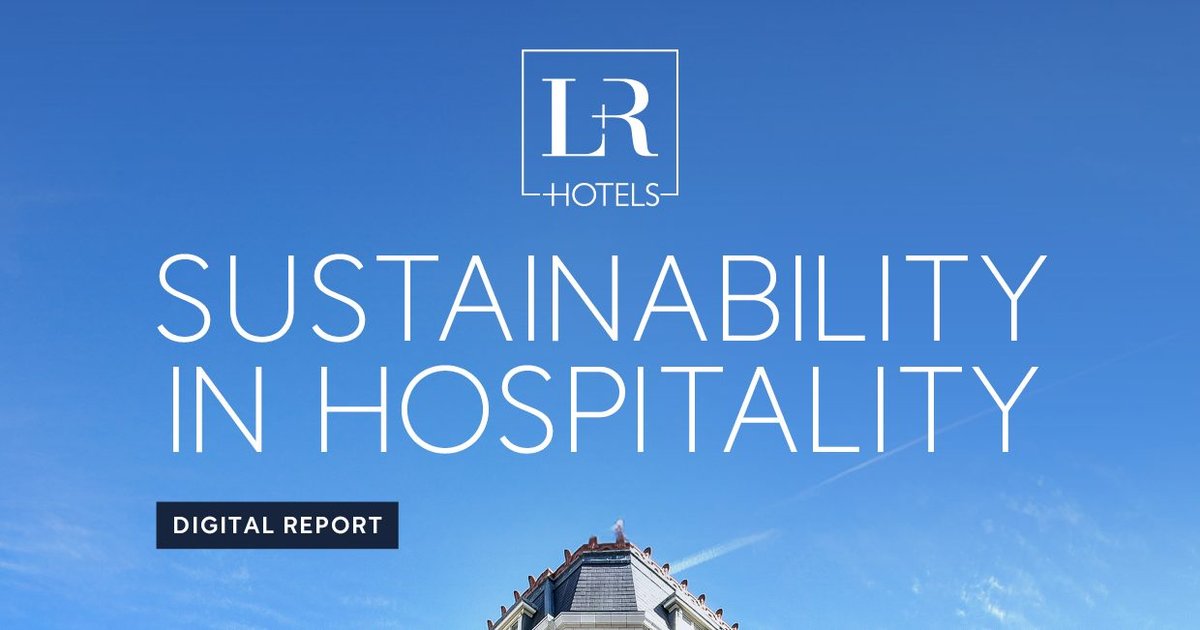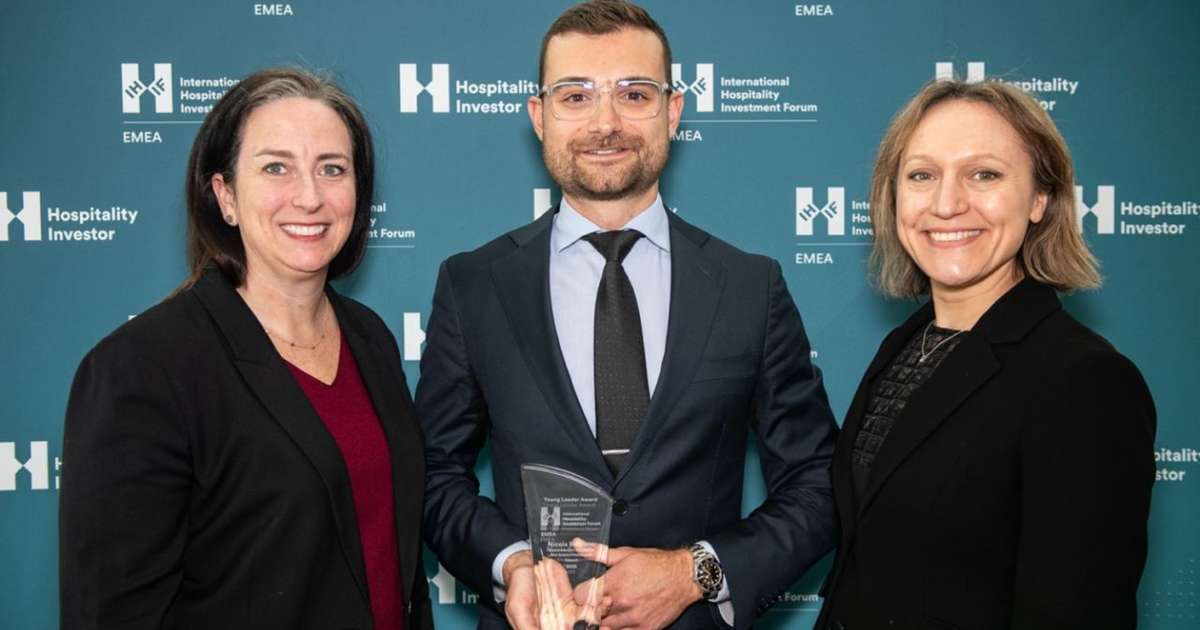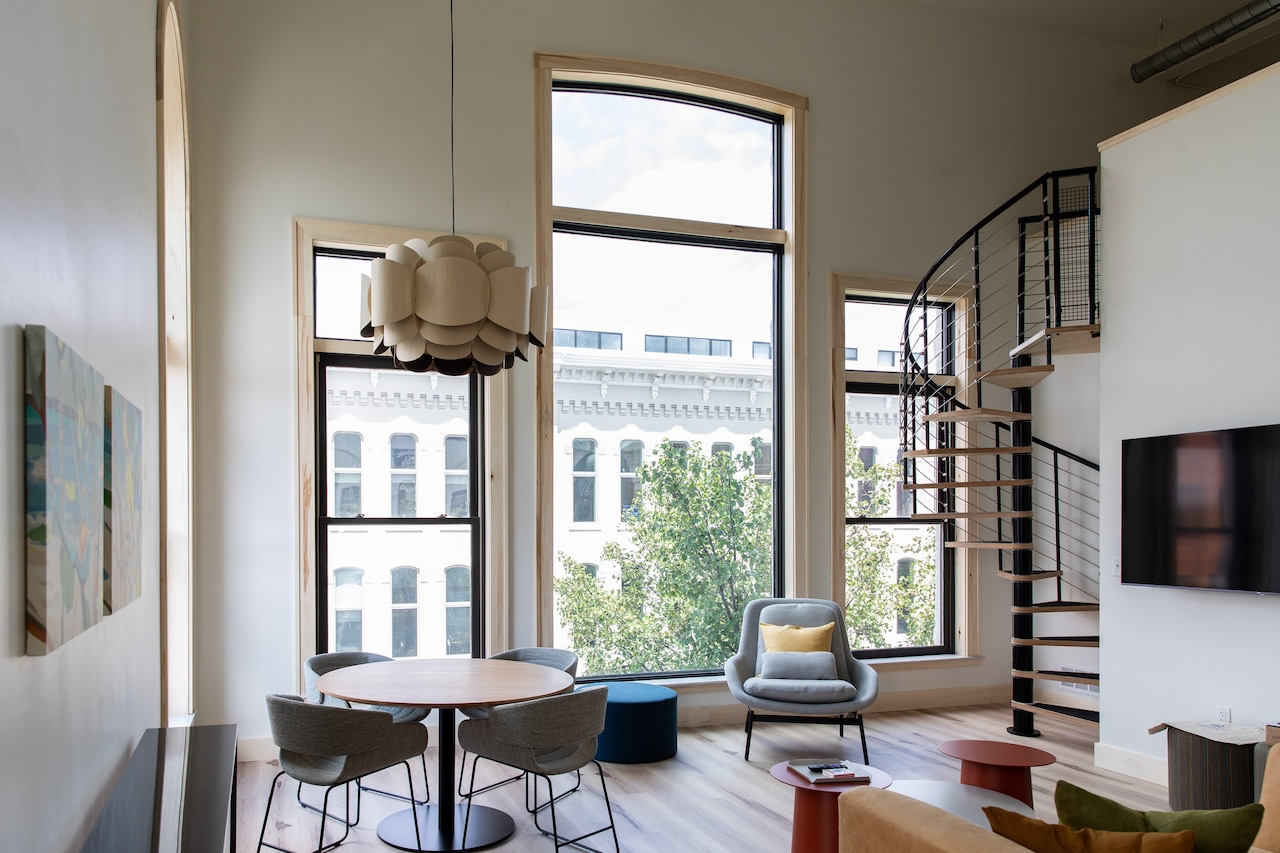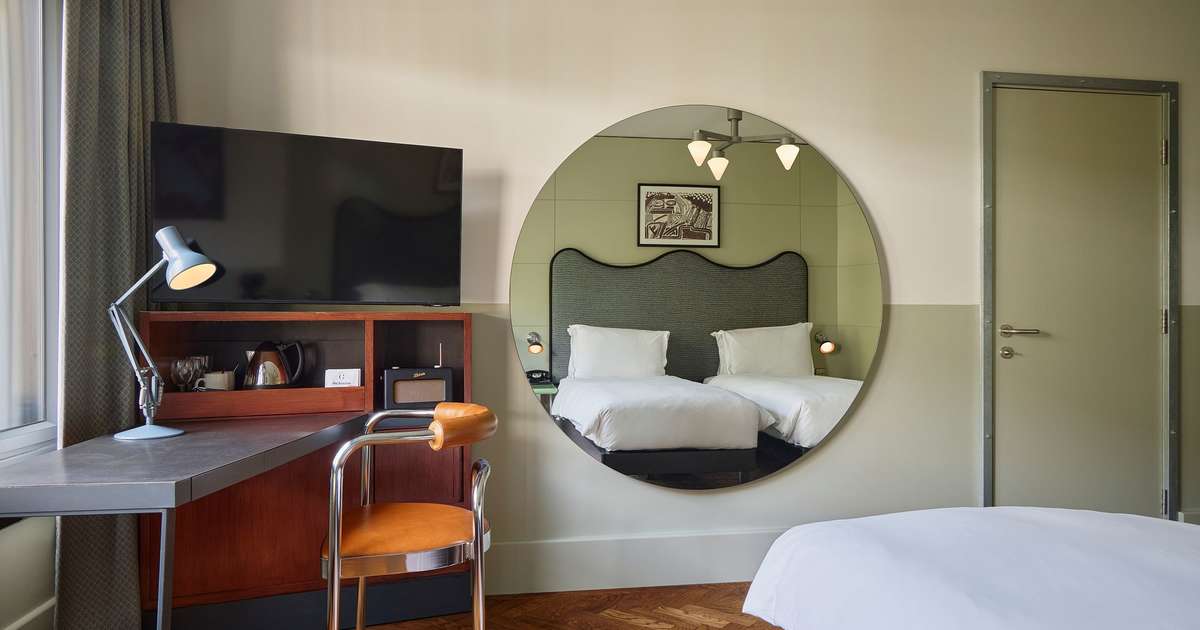
Building a culture of sustainability
For L+R Hotels, sustainability is not just a technical challenge, it is a cultural one. The company has appointed Sustainability Champions at each property, empowering local advocates to drive environmental initiatives and embed sustainable thinking into everyday operations.
“These champions help embed sustainable thinking into everyday operations, ensuring that sustainability is not an isolated effort, but a consistent part of our culture,” Angelo explains.
A dedicated Sustainability Committee brings together key stakeholders from across the business to align strategic goals, monitor progress and share best practices. This cross-functional collaboration enables L+R to stay ahead of regulatory requirements and foster innovation.
“Our strategy is supported by a pipeline of targeted projects and initiatives, from energy optimisation and waste reduction to sustainable procurement and water conservation,” Angelo says. “Each project is designed to deliver measurable outcomes and contribute to our broader environmental objectives.”
Staff training is central to this approach.
“We believe that sustainability starts with our people,” Angelo continues. “From the housekeeping team to senior management, everyone receives training on our environmental policies and how they can contribute.”
The goal is to create a gradual cultural shift, where every team member feels empowered to make a difference.
L+R also engages guests in its sustainability journey.
“We want our guests to feel part of the solution,” Angelo says. Initiatives such as encouraging towel reuse and reducing single-use plastics are designed to make sustainability accessible and visible to guests, fostering a sense of shared responsibility.
Overcoming the challenges of sustainability in hospitality
Sustainable hospitality presents a unique set of challenges, many of which are deeply tied to the complexity and diversity of the built environment. One major challenge is avoiding greenwashing – ensuring that sustainability claims are genuine, transparent and backed by measurable outcomes.
“We strive to base every initiative on real data and tangible results, not just intentions,” Angelo says. “Credibility is essential.”
Another key issue is the skills gap. As sustainability becomes more technical, integrating energy systems, digital tools and data analysis, it is critical to ensure teams at all levels have the knowledge and capability to support long-term goals.
“This means continuous investment in training and development,” Angelo says.
Retrofitting existing properties is another complexity.
“No two properties are the same,” Angelo explains. “Each hotel has its own operational demands, physical layout, legacy systems and local context. Finding the right approach for each property requires flexibility, creative problem-solving and site-specific planning.”
Supply chain sustainability is also a priority. L+R works closely with suppliers to ensure they share the company’s values and standards.
“We encourage our suppliers and partners to adopt sustainable practices and work together to minimise the environmental impact of our supply chain,” the company states.
Validating the actual impact of sustainability projects is critical.
“It’s not enough to implement a solution; we must ensure that the benefits are demonstrated, recorded and communicated,” Angelo says. “Too often, valuable lessons are lost once a project ends. Being able to show real outcomes is not only a way to continue improving, but also a powerful tool to build trust and reinforce the business case for sustainability across all levels of the organisation.”


